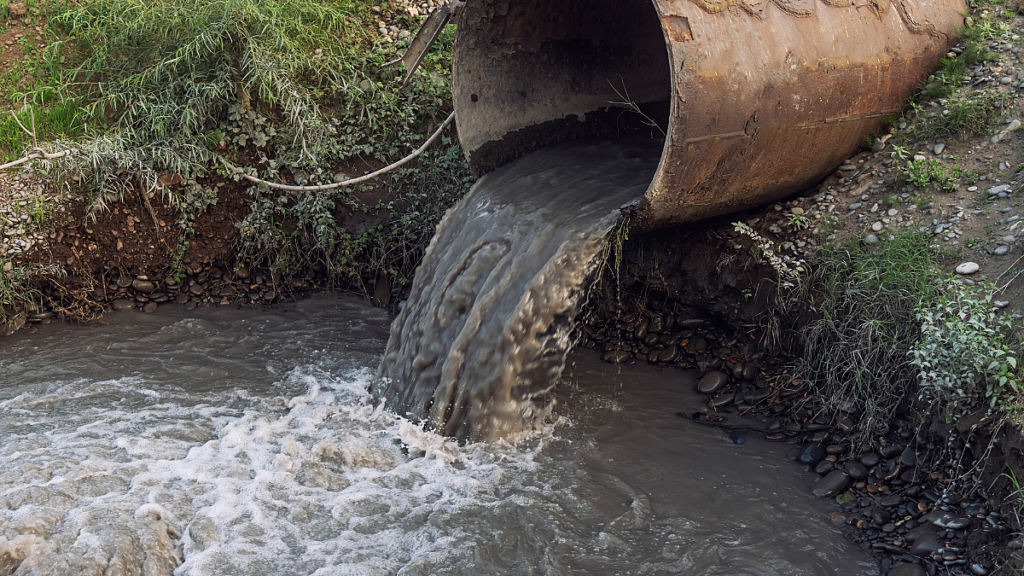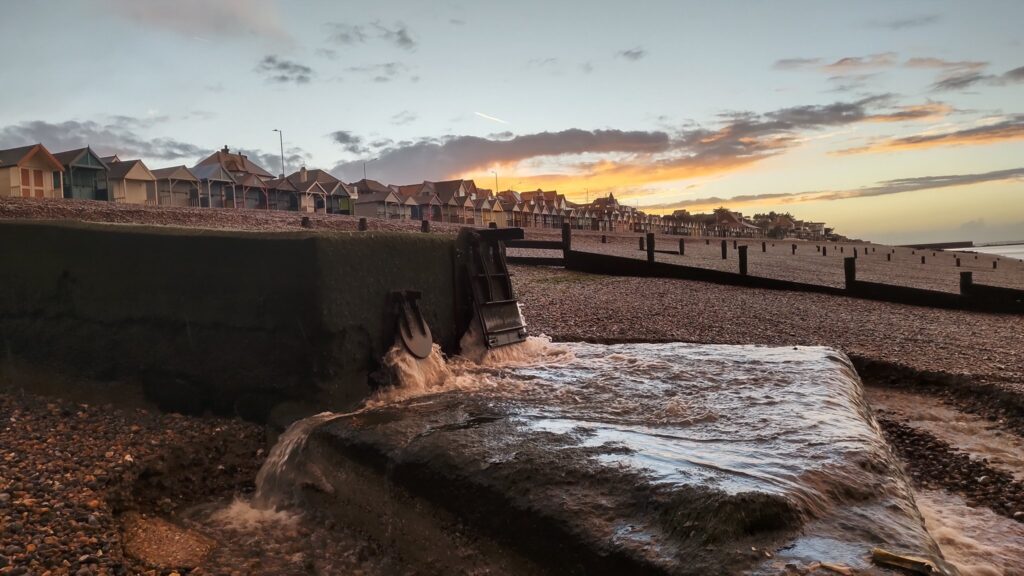Number of serious water pollution incidents in England ‘unacceptably high’

The number of serious water pollution incidents across England’s nine water and sewerage companies remains ‘unacceptably high’, the latest annual Environmental Performance Assessment report reveals.
The annual report, published this year on Wednesday (12 July 2023) examines the performance of England’s water companies, taking into account environmental commitments such as pollution incidents and treatment work compliance. Each company is given a rating between one and four stars.
Pollution incidents across UK waterways have hit the headlines with depressing regularity in recent years.
Environment Agency figures earlier this year show a total of 301,091 sewage spills in 2022, an average of 824 a day. Last month, the UK government announced a new £1.6 billion plan to reduce the unacceptable levels of pollution in waterways.
In October 2021, footage emerged of untreated sewage spewing into Langstone Harbour in Hampshire for 49 hours. In August 2022, beachgoers were warned to stay out of the water at dozens of beaches in England and Wales, after untreated sewage was pumped into the sea.
Then, in November that year, campaigners revealed Southern Water discharged sewage into UK water for more than 3,700 hours at 83 bathing beaches in just an eight-day period.
In April 2023, South West Water was fined £2.15m for illegally dumping sewage into rivers and the sea in Devon and Cornwall, causing significant environmental harm. The Guardian reports that an Environment Agency (EA) investigation revealed a number of common faults in the implementation of the management systems contributed to the illegal discharges. Alarms signalling spills at treatment works were not acted upon for several hours at two sites, the investigation found.
The company was sentenced on 13 charges – six for illegal water discharge activities and seven for contravening environmental permit conditions.
This year’s EPA report has found that the number of ‘serious’ pollution incidents has reduced slightly from 62 in 2021 to 44 in 2022, but remains ‘unacceptably high’. More than half of serious pollution incidents were from assets of the debt-ridden Thames Water – which recently secured an extra £750m of urgent funding from shareholders — and Anglian Water. Anglian was recently issued a fine of £2.65m after allowing untreated sewage to overflow into the North Sea.
Overall, the report finds there were 2,026 incidents from sewerage and water supply assets in 2022, an increase from 1,883 in 2021 and 1,919 in 2020. These figures also remain ‘too high’, the agency concludes.
Self-reporting of incidents was found to be at 82 per cent. However, this contrasts with self-reporting on serious incidents, which was only 48 per cent.
The Environment Agency says these results show that although there have been some improvements, all water companies ‘need to go further and faster.’

“Regulators, water companies, government, eNGOs and many others all want the same thing: better environmental outcomes, including cleaner rivers and seas,” says Environment Agency chair Alan Lovell. “We need to work together and take collective responsibility to achieve it.
“While there have been some modest improvements, it is unacceptable to be still seeing this level of pollution. We have seen a distinct culture shift from the water industry in recent months, and that is welcome – but that must translate to profound, long-term change.
“The Environment Agency will play its part by transforming the way we regulate the sector. We welcome this week’s announcement on unlimited penalties, which will also improve our enforcement powers.”
On Wednesday, the government announced new laws to allow the Environment Agency to impose unlimited civil sanctions on water companies for environmental offences, designed to make it easier to impose penalties.
The full report is available to read online.











